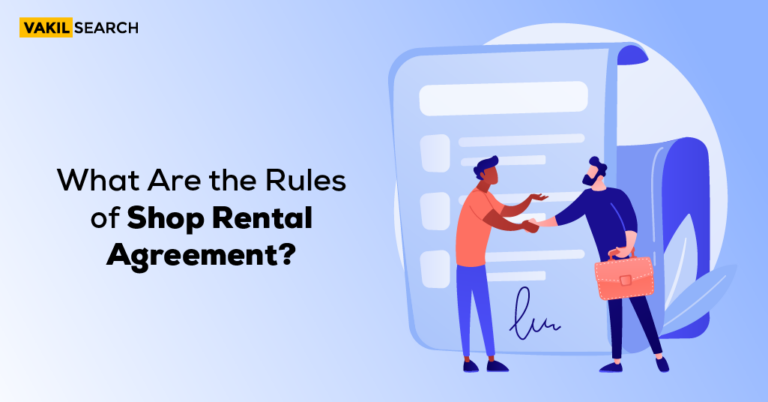The Central Drugs Standard Control Organization (CDSCO) is the apex regulatory body for drugs and cosmetics in India.
Introduction
A drug license is a mandatory requirement for any individual or business that intends to manufacture, sell, or distribute drugs or cosmetics in India. The Drugs and Cosmetics Act of 1940 regulates the production, sale, and distribution of drugs and cosmetics in the country. The Act also establishes the Central Drugs Standard Control Organization (C.D.S.C.O.) and State/Central Drug Control Authorities (D.C.A.s) to oversee the implementation of the Act.
Types of Drug Licenses
There are two main types of drug licenses in India:
- Retail Drug License: This license is required for the sale of drugs by retail pharmacies.
- Wholesale Drug License: This license is required for the sale of drugs by wholesale dealers.
Who Can Apply for a Drug License
The following persons can apply for a drug license in India:
- Registered pharmacist: A registered pharmacist under the State Pharmacy Council can apply for a retail drug license.
- Graduate with experience: A graduate with a minimum of one year of experience in drug sales and marketing can apply for a wholesale drug license.
- An individual with experience: An individual with four years of experience in pharma marketing and who has passed S.S.L.C. can apply for a wholesale drug license.
- Approved individual: A person approved by the Department of Drug Control to conduct drug business in India can apply for a drug license.
Application Process
The application process for a drug license is as follows:
- Submit an online application: The applicant must submit an online registration application based on the business entity and kind of license.
- Upload documents: The required paperwork must be delivered in hard copy to the Drug Licensing Authority representative of the relevant district within 15 days of registration.
- Inspection: An inspector will visit the premises or shop and verify all the documents and the correctness of the filled data.
- Issuance of license: After the verification, the drug controller issues the drug license.
Documents Required for Drug License
The following documents are required for a drug license:
- Application form: The applicant must fill out the prescribed application form.
- Proof of identity and address: The applicant must submit proof of identity and address, such as a passport, P.A.N. card, or Aadhaar card.
- Educational qualifications: The applicant must submit copies of their educational qualifications, such as a diploma or degree in pharmacy.
- Experience certificate: The applicant must submit a certificate of experience, if applicable.
- Site plan and key plan: The applicant must submit a site plan and key plan of the premises.
- Constitution of the firm: The applicant must submit a copy of the constitution of the firm, if applicable.
- Photo ID proof of proprietor/partner/director: The applicant must submit photo I.D. proof of the proprietor, partner, or director.
- Affidavit regarding non-conviction: The applicant must submit an affidavit regarding the non-conviction of the proprietor, partner, or director, as well as the firm.
- Affidavit from pharmacist: The applicant must submit an affidavit from a registered pharmacist or competent person.
Streamlined Application Process: Facilitating Efficient Licensing
The application process for drug licenses in India follows a structured approach, ensuring transparency and efficiency:
- Online Registration: Applicants initiate the process by submitting an online registration application, providing details based on their business entity and the type of license sought.
- Document Submission: Within 15 days of online registration, applicants must submit a comprehensive set of supporting documents in physical form to the Drug Licensing Authority representative of the relevant district.
- Premises Inspection: To verify the accuracy of the submitted information and ensure compliance with regulatory standards, an inspector conducts a thorough inspection of the applicant’s premises or shop.
- License Issuance: Upon successful completion of the inspection and verification process, the drugs controller grants the drug license, authorizing the applicant to commence operations.
|
Did you know? Any individual or business that operates without a drug license is liable for imprisonment and/or fine payment. The penalty can be as high as ₹10 lakhs for a first offense, and ₹50 lakhs for subsequent offenses. |
Fees for Drug License
The fees for a drug license vary depending on the type of license and the state in which the license is being applied.
Renewal of Drug License
A drug license is valid for five years. The license can be renewed for a further period of five years.
Penalty for Operating Without a Drug License
Any individual or business that operates without a drug license is liable for imprisonment and/or fine payment.
Conclusion
A drug license is an important requirement for any individual or business that intends to manufacture, sell, or distribute drugs or cosmetics in India. Obtaining a drug license ensures that the drugs and cosmetics being sold are safe and effective. It also helps to protect consumers from counterfeit and substandard drugs and cosmetics.
Read More










